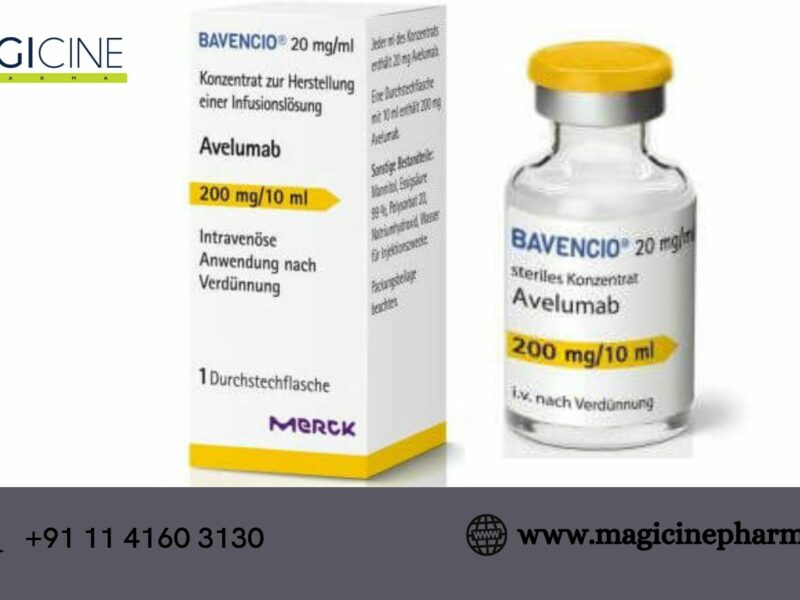In the contemporary world, there are tons of arbitrage opportunities to profit from. Some of these have been converted into investment vehicles, from which people can benefit exponentially if done well.
Commodity trading is one such investment option. The commodity market in India has been growing rapidly. Commodity trading involves buying and selling commodities, such as gold, silver, crude oil, etc., to make profits.
Let’s explore what commodity trading entails and how it works in India.
What Commodity Trading Entails?
Commodity trading involves the buying and selling of commodities on the exchange. The difference in commodities’ current and future prices makes room for profits if you can accurately predict the market. The prices of commodities are determined by market forces such as supply and demand, geopolitical events, and economic factors.
Commodity trading in India takes place through two major exchanges: Multi Commodity Exchange (MCX) and the National Commodity and Derivatives Exchange (NCDEX).
Different Types of Commodity Trading
Now that we know what commodity trading entails, let’s learn about the different types of commodity trading in India.
There are two types of commodity trading: spot trading and futures trading.
- Spot Trading
In spot trading, commodities or securities are bought and sold for immediate delivery within two business days. The trade settlement occurs on the spot, unlike futures trading, where delivery is made at a future date.
- Futures Trading
Futures trading is a type of trading in which contracts are bought and sold for a specific commodity or financial instrument at a predetermined price for delivery at a future date. It allows investors to speculate on the future price movements of the underlying asset and can be used for hedging or risk management purposes.
Working Mechanism Behind Commodity Trading
Commodity trading works in a similar way to stock trading. To start commodity trading, you must open a trading account with a reliable brokerage firm. Once you have opened a trading account, you can start trading commodities by following these steps:
- First, choose the commodity you want to trade.
- Next, decide whether you want to trade in the spot market or the futures market.
- Now, place an order to buy or sell the commodity.
- Monitor the price of the commodity and decide when to exit the trade.
Commodity Trading Risks
Like every investment opportunity that can deliver profits, commodity trading involves risks. The prices of commodities can be volatile and can fluctuate rapidly due to various factors such as supply and demand, geopolitical events, and economic factors. It’s essential to understand the risks involved in commodity trading and have a proper risk management strategy.
Why Choose Commodity Trading?
Commodity trading can be a profitable investment opportunity for individuals who have knowledge of the market and are willing to take calculated risks. Opening a trading account can provide access to a range of commodities, such as precious metals, agricultural products, and energy sources, which can help diversify one’s investment portfolio.
With the commodity market being highly liquid, investors can easily buy and sell commodities, allowing for quick and efficient trades. By making informed decisions and following a well-defined trading strategy, commodity trading can yield substantial returns on investment.
Final words
Choose a reliable broker and understand the risks involved. Always have a proper risk management strategy in place.























